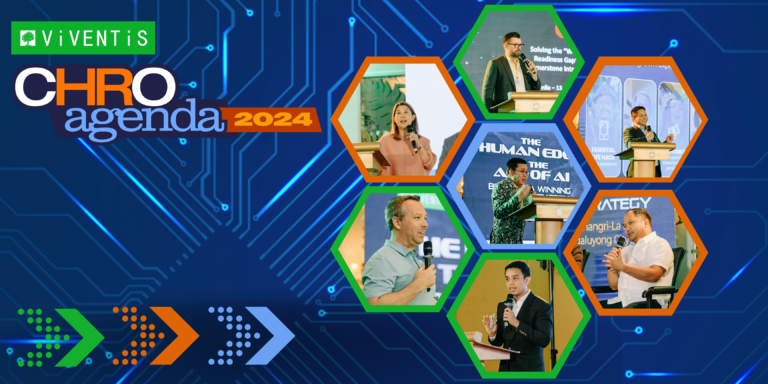As an individual or an organization, what we are not aware of, we cannot measure. What we cannot measure, we cannot change. According to LinkedIn’s Global Talent Trend report, 89% of recruiters say that when a hire doesn’t work out, it usually comes down to a lack of soft skills. While we have a long list of soft skills to look for and develop for personal or organizational progression, there is what we call the Adversity Quotient (AQ).
What is the Adversity Quotient (AQ)?
Adveristy Quotient is the most scientifically robust and widely used method in the world for measuring and strengthening human resilience. It is being used to recognize and understand your pattern of response to adversity when confronted with difficult or challenging circumstances, influencing your mindset and problem-solving and decision-making abilities.
AQ has a proven success with top leaders, industry-leading companies, and governments worldwide to enhance or transform performance, productivity, innovation, agility, resilience, change, pace, problem solving, optimism, and more for individual and team-level impact. It can also revamp an organization’s people strategy, leadership, culture, and engagement.
Qualities of a High-AQ individual
 Individuals with high AQ exhibit CONTROL, or the eagerness to influence difficult situations through meaningful action. They are tenacious, perseverant, innovative, and even competitive.
Individuals with high AQ exhibit CONTROL, or the eagerness to influence difficult situations through meaningful action. They are tenacious, perseverant, innovative, and even competitive.
 They also show OWNERSHIP. They tend to step up and take the initiative to improve difficult situations or simply own up to their mistake and plan the next course of action.
They also show OWNERSHIP. They tend to step up and take the initiative to improve difficult situations or simply own up to their mistake and plan the next course of action.
 High-AQ professionals demonstrate a healthy level of REACH, or how they order setbacks in one part of their life not to cross over and damage other areas.
High-AQ professionals demonstrate a healthy level of REACH, or how they order setbacks in one part of their life not to cross over and damage other areas.

ENDURANCE is another telltale sign of high-AQ individuals. They are fairly quick to move forward from the effects of any adversity and resist its paralyzing grip as soon as possible.
Want to measure your team’s AQ?
Impact of high-AQ professionals to organizations
High-AQ individuals open themselves to growth, transformation, and opportunities for leadership positions. While hard skills get the job done, it is soft skills, such as the adversity quotient, that define how the hard skills will be utilized to achieve greater results. They make valuable contributions and initiate fresh initiatives that may lead to organizational development and come through. They build the overall resilience of your company to crisis or change, resulting in stronger enterprise success.
Who would not want a resilient and high-adversity quotient player on their team?
Origin of Adversity Quotient
The science of measuring the Adversity Quotient was originated by Dr. Paul G. Stoltz, the Founder and Chief Executive Officer of Peak Leaning. Viventis Search Asia is the official and only partner of Dr. Paul Stoltz and Peak Learning to deliver AQ & Grit in the Philippines and Southeast Asia.


